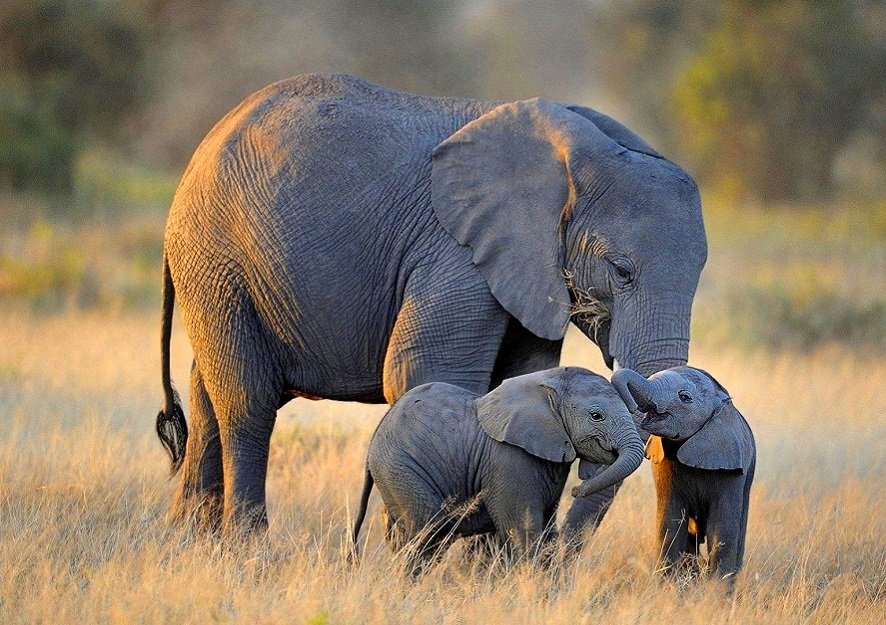For many years, Chinese companies have been on the receiving end of claims that they are not transparent in their operations and are destroying ecosystems in their search for raw materials in Africa.
But when Zimbabwe last week reversed its decision to license Chinese companies to mine Zimbabwe’s Hwange national park, China lectured the southern African nation on the need to be transparent.
Guo Shaochun, the Chinese ambassador to Zimbabwe, said he wanted the Zimbabwean government to be more transparent and to “use mining proceeds to develop itself and improve the lives of its people”, using a tone usually taken by Western diplomats from the US and European countries.
Zimbabwe should implement laws and regulations to increase corporate transparency in mining and promote the sustainable growth of businesses, Guo said in a statement on September 10.
He also wanted all mining companies to be monitored to observe whether the enterprises were operating legally, whether they complied with Zimbabwe’s environmental protection and labour policies, and whether they were trading mineral products through legal channels.
It was a rare position taken by a Chinese official, contradicting Beijing’s policy against challenging another country’s domestic affairs. It was even more extraordinary given that Chinese companies had been at the centre of controversy over mining in a national park.
Zimbabwe last week banned two Chinese companies – Zhongxin Coal Mining Group and Afrochine Smelting – it had previously licensed for coal exploration at the Hwange national park after campaigners and environmentalists took the government to court to avoid “ecological degradation” in parks. Hwange is home to more than 45,000 elephants,






